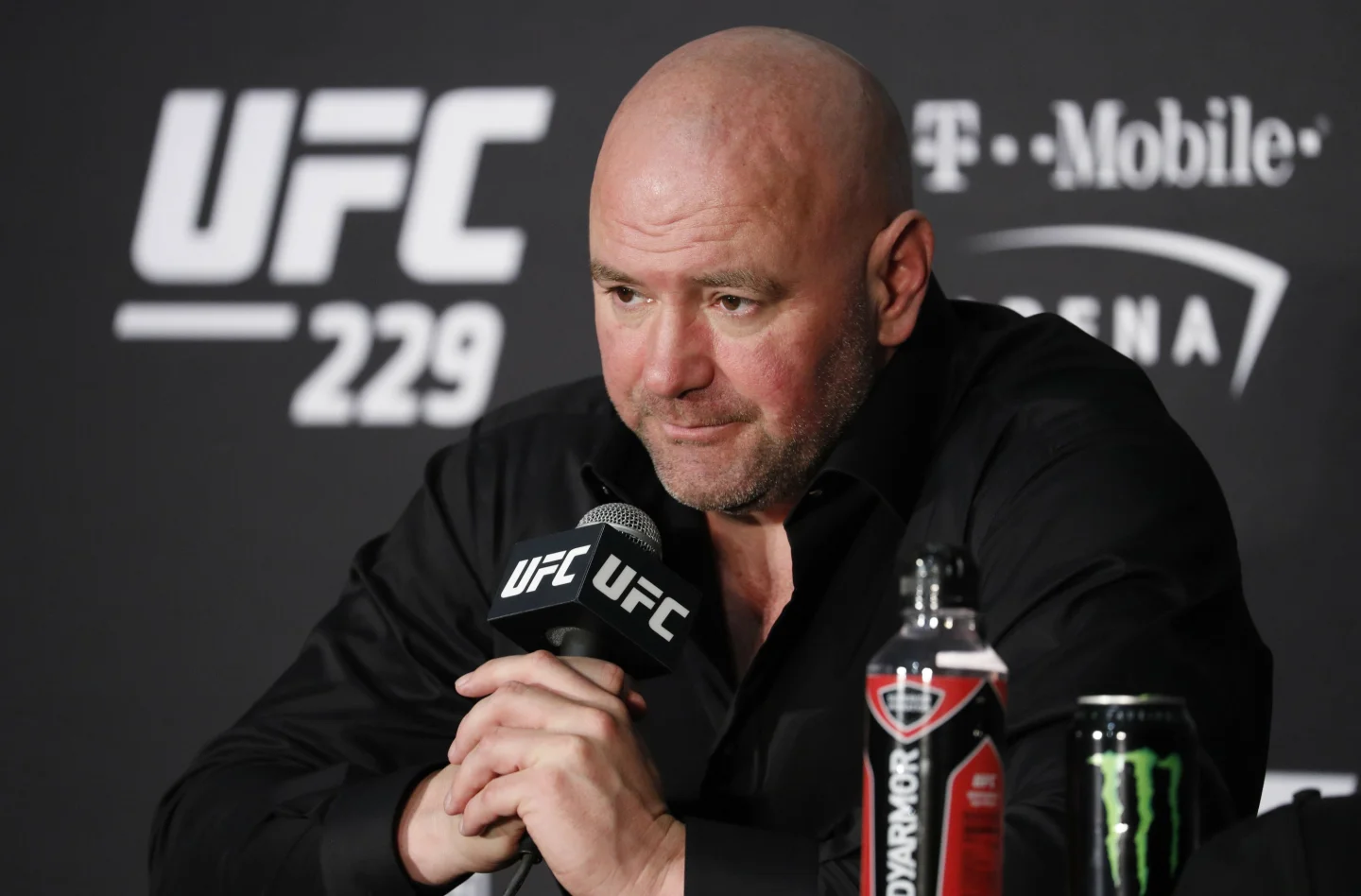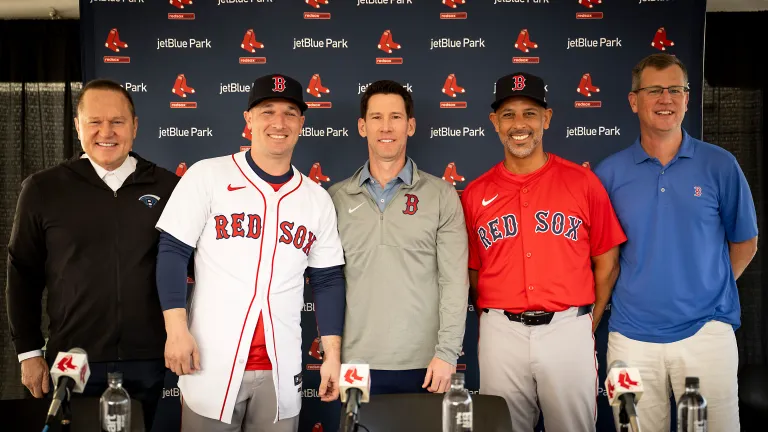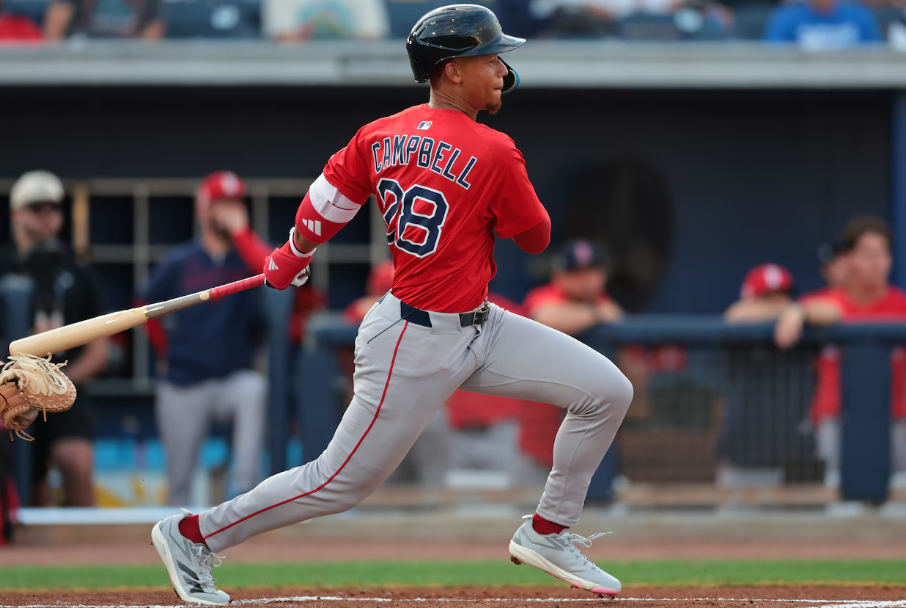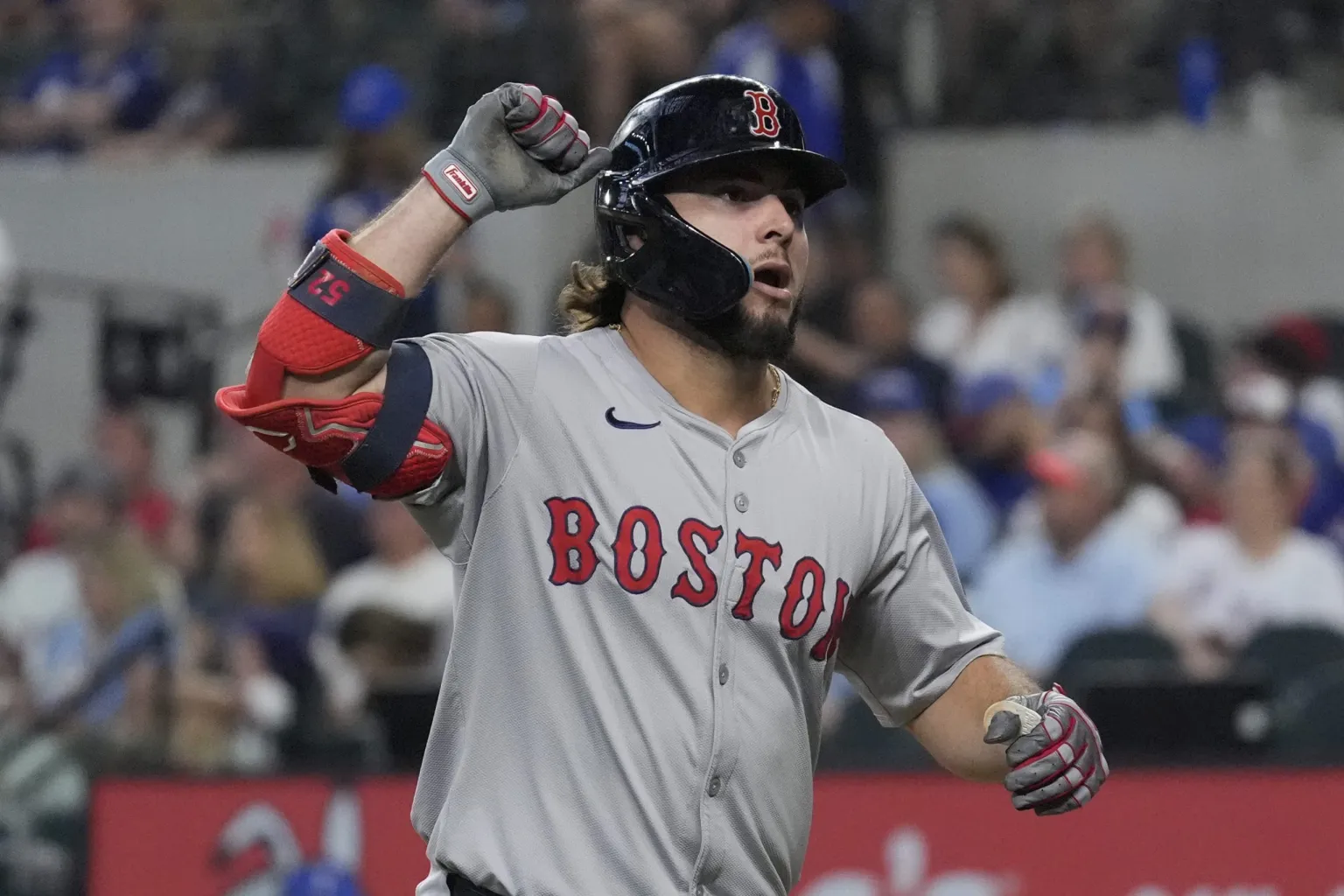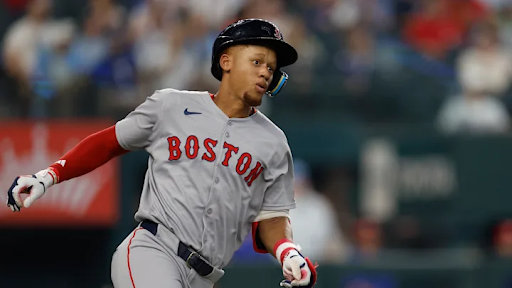Photo by John Locher / AP Photos
I have been following MMA since 2015, and have been a die-hard MMA fan since 2018. Under the right circumstances, a great MMA fight is truly like nothing you can experience in other sports.
High-level technique across multiple martial arts, breathtaking feats of human will and determination, and styles unique to every fighter who steps into the cage.
The UFC has been the home to the highest-level MMA fights since the sport’s inception. An MMA fan who doesn’t watch the UFC simply doesn’t exist.
But in recent years, underlying problems with the organization have begun to boil over, and the sport as a whole is suffering.
The beginning of the decline
Ironically, the beginning of the UFC’s downfall began when it reached its biggest achievement.
In 2019, the UFC parted ways with FOX Sports and partnered with the biggest sports broadcasting provider on the planet, ESPN.
Following this deal, the UFC and the sport of MMA rose to the mainstream like an express train. The UFC already had breakthrough global superstars like Conor McGregor, Brock Lesnar, and Ronda Rousey, but more and more fighters began to make a name for themselves in popular culture.
Israel Adesanya, Jorge Masivdal, Colby Covington, Khabib Nurmagomedov, and ‘Suga’ Sean O’Malley all became household names following the ESPN partnership.
And despite a global pandemic taking out all organized sports across the globe, it was the UFC that led the charge to bring live sports back from lockdown.
But few could predict the long-term effects of the ESPN deal.
Per the agreement, the UFC had to put on over 40 events in a calendar year. While this model was great for building the organization’s brand recognition in the early years of the agreement, it has been a detriment to the product in the last two to three years.
With so many events, the UFC has been forced to: sign more mediocre talent to fill cards, have fewer high-value fights on one card, and have fewer production resources to allocate to every event.
Typically, the UFC has one PPV card per month, with a couple of ‘free’ cards on ESPN+. But over the years, the quality of these ‘free’ cards has gotten worse and worse.
It is becoming a weekly occurrence for the ESPN+ cards to have virtually unknown fighters fighting on the main card, with a main event that wouldn’t even make it onto a PPV.
And don’t even get me started on the lazy, fanless UFC Apex cards.
The trade-off for this is having the PPV’s be more loaded with big names. However, despite the cost of PPV soaring to almost $100, even that promise is dwindling.
TKO and the lack of star power
With Conor McGregor’s career essentially over, the UFC now has nobody that I would consider a global superstar.
And with the current model that the UFC operates under, it seems as though they’ve forgotten how to produce new stars.
Why do I think that is? They’ve gone corporate.
In September of 2023, the UFC (Zuffa) and WWE merged to form TKO, a publicly traded company that is now adding PowerSlap and boxing to its name.
The TKO merger is, in my opinion, the demarcation line for where the UFC’s decline began.
If you’re a UFC fan like me, you will know what I mean. The product has just become soulless.
Rather than pouring all resources possible into marketing new fighters with interesting backstories, it feels like the UFC is content to split its time marketing PowerSlap (what a joke) and other Dana White ventures.
Press conferences
The biggest marketing tool the UFC has at its disposal is its press conferences. Despite the TKO merger and all that brought with it, they still manage to put on press events.
However, even these are suffering. And it’s the UFC’s own fault.
In June of 2016, UFC President Dana White banned journalist Ariel Helwani from attending UFC press events due to resentment White harbored against Helwani.
Essentially, Dana White hates Helwani for doing the job of a journalist. He digs around, has sources, and leaks news before it officially breaks.
Banning Helwani specifically is not the reason why the press conferences are ineffective; it’s the precedent that was set.
White has since banned several journalists and media outlets from attending events, simply because he doesn’t like them.
If a reporter asks a tough question to White or one of his fighters, they likely aren’t going to be at press events for the UFC in the near future.
I believe this has led to the press conferences being basically unwatchable. The cringeworthy and generic questions leading to stale or predictable responses make the whole thing feel like a giant waste of time. How are we supposed to know these fighters if we can’t ask them a good question?
Politics
Photo by Evan Vucci / AP Photos
Regardless of what political aisle you stand on, anyone with an ounce of critical thinking skills can see that the UFC has taken their conservative political beliefs way too far.
In the same way that the NBA and NFL shoved their left-wing politics in the faces of their fans in the 2010s, the UFC is doing the same thing with the other side of the political spectrum.
Dana White is a massive supporter of the Trump administration. This is, of course, not a problem as he has the right to support any political candidate he wants. Where it does become an issue is when his support of Trump bleeds into the UFC product.
Trump attends several UFC PPV events every year, which, on the surface, is great for the organization to have a sitting president be such a fan of your product.
But with every event he attends, the glamorization of Trump, his colleagues, and his beliefs gets ramped up another notch.
It has gotten to the point where they make Trump do a full-on fighter-style walkout with music, the commentators (especially Joe Rogan) shower Trump in praise, and they constantly cut the camera to his reaction after a big knockout.
I know firsthand that fight fans who support Trump have been getting turned off by this trend. It becomes especially over-the-top when fighters who support him (which is most of the roster) join in on the praise in their post-fight interviews.
The UFC is becoming a soulless monopoly
The passion for MMA that the UFC once had feels basically gone. The perfect example of this is commentator and celebrity Joe Rogan.
Rogan was brought on to the UFC broadcast team, despite never being a professional MMA fighter, because of his relentless passion for the sport.
But as time has gone on, while he is still a die-hard fan, his commentating reflects that of someone who is going through the motions.
Rogan becomes easily distracted, seems to let his personal bias for certain fighters bleed into his commentary, and is increasingly saying wrong information about scoring and technique.
Quite frankly, how can you blame the UFC for becoming this way? After all, they have ZERO competition in the MMA space.
If you are an MMA fan and want to see the best fighter on the planet, you have to watch the UFC.
Just be prepared to watch some right-wing propaganda, see a bunch of fighters you’ve never heard of, get hit with relentless ad reads, and pay close to $100 for the experience.
And according to recent reports, many fans have had enough and are opting not to watch.

